Register for free and continue reading
Join our growing army of changemakers and get unlimited access to our premium content
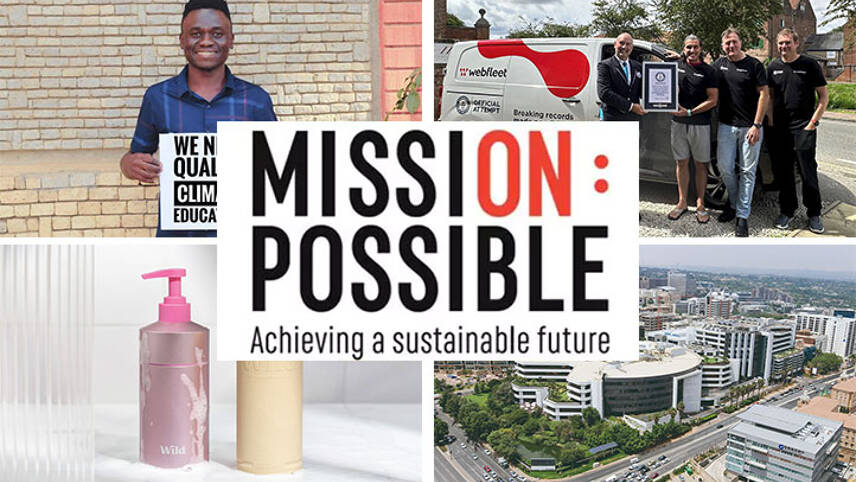
Published every week, this series charts how businesses and sustainability professionals are working to achieve their ‘Mission Possible’ across the campaign’s five key pillars – energy, resources, infrastructure, mobility and business leadership.
Across the UK and across the world, leading businesses, cities, states and regions are turning environmental ambitions into action. Here, we round up five positive sustainability stories from this week.
ENERGY: Investec becomes first RE100 member from South Africa
The RE100 is a global initiative from CDP and the Climate Group. Through RE100, companies commit to using 100% renewable electricity by 2040 at the latest. It has grown rapidly and now represents more than 370 large businesses with annual revenues exceeding $6.6trn.
While the initiative is global, the nations with the most participating businesses are in North America and Europe. This week, the first South African company joined RE100 – banking and wealth management group Investec.
Investec has pledged to use 100% renewable electricity globally by 2030. In a statement, it said the decision was partly down to a desire to help solve South Africa’s energy crisis; parts of the country have experienced frequent power cuts this year due to persistent loadshedding. Transitioning the electricity system away from coal is seen as crucial to solving this issue in a cost-effective manner.
Climate Group’s director of Energy Sam Kimmins said: “The energy transition in South Africa is not just about meeting climate targets, it’s vital to businesses that rely on a stable, low-cost electricity supply. By joining RE100, Investec is sending a strong signal to policymakers that the future is renewable.”
RESOURCES: Wild launches the world’s first plastic-free shower gel refills
The Ellen MacArthur Foundation stated in 2020 that refillable packaging accounted for just 2% of the fast-moving consumer goods market. Challenges in implementing refillables include designing take-back infrastructure and choosing the right materials to keep products in the right condition.
Many health and beauty brands that do offer refills provide them in flexible plastic pouches. While they are lighter in weight than plastic bottles, there is less recycling capacity for flexible than rigid plastics.
Seeking to avoid the plastic recycling conundrum altogether is challenger brand Wild. Wild has launched aluminium bottles for its shower gels, which can be topped up with refills housed in packaging made from bamboo starch and plant starches from agricultural waste.
Wild claims the refills, designed in partnership with Morrama, can be composted at home “faster than a banana peel”.
Wild co-founder Freddy Ward said: “Building on our initial success from Wild deodorant, we are incredibly proud to be launching Wild shower gel on the market and making people’s bathrooms a little bit more sustainable with every refill.”
MOBILITY: Electric van breaks world record for the longest journey on one charge
Electric vehicle (EV) technologies have improved significantly in recent years. Fears around range anxiety now have less to do with the capabilities of the vehicles themselves and more to do with the slow build-out of public charging infrastructure.
Proving that EV ranges are getting better at a pace, fleet management firm Webfleet this week brok the Guinness World Record for the longest distance travelled in a fully electric van on a single charge. Two of its drivers completed a 311.18-mile trip across England in a Fiat E-Scudo, smashing the previous record of 258.85 miles.
The 13-hour trip was made possible with digital technologies tracking factors such as battery level, plus new energy-efficient tyres supplied by Bridgestone Duravis.
Webfleet’s regional director Beverley Wise said: “The record demonstrates not only the capabilities of electric vans and advanced Bridgestone tyre technology for businesses and urban mobility, but also the impact that drivers can have on EV energy consumption.”
“Additionally, The previous record of 258.85 miles was set in the US. Bringing it to the UK is symbolic of our nationwide commitment to become a global leader in e-mobility.”
THE BUILT ENVIRONMENT: Innovative materials showcased at France’s largest low-carbon building
As well as working to reduce the operational emissions from buildings, developers are increasingly seeking to address the embodied carbon footprint of buildings resulting from materials and construction methods.
Some are doing so using innovative materials like timber structures or next-generation low-impact cement. This month, the team behind France’s largest low-carbon building, a commercial and housing unit in Paris known as BLACK, confirmed that the building will use charred Accoya wood as a low-carbon material.
The wood is produced by Accsys will reduce the embodied carbon of the project by 1,000 tonnes compared to the use of aluminium, which was originally proposed. Charring the wood provides it with a protective layer of charcoal on its surface. Other low-carbon materials used at the site have helped to slash 2,000 tonnes of embodied carbon.
Accsys’s head of sales for France, Laurens Notenboom, said: “BLACK embodies a vision for urban developments of the future. Its low-carbon credentials place it amongst the most ambitious projects in France.”
SUSTAINABILITY LEADERSHIP: Young people push for better climate lessons at school
We’ve all heard of climate COPs, but have you heard of an EMS – an Education Ministers’ Summit?
This weekend, more than 250 young people will come together online for a Mock EMS which will set out recommendations for better climate-related lessons to be embedded into national curriculums around the world. UNESCO estimates that almost half of the world’s curricula do not mention climate change at all, and those which do often give it “very low priority”.
Organised by Mock COP, the two-day summit aims to change this. It will result in a shared definition of good climate education and a set of demands to be put to education ministers in Dubai this winter. All Mock EMS attendees will be aged between 14 and 30.
Mock COP campaign coordinator David Okenwa said: “The limited climate education in schools is focusing on the problems and ignores the solutions, leaving young people, like me, unprepared to face the effects of the climate crisis. We need to urgently change this.”
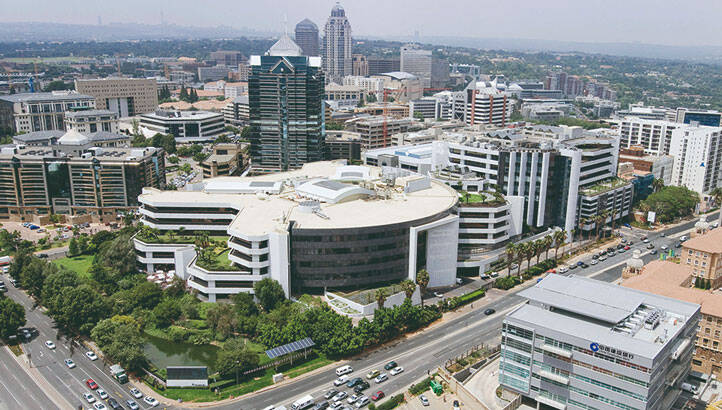

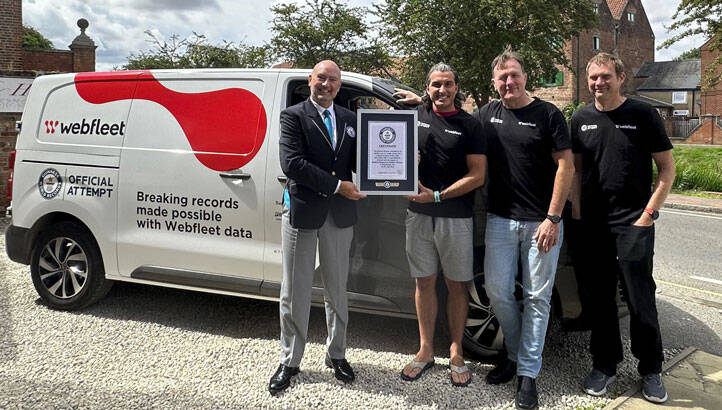
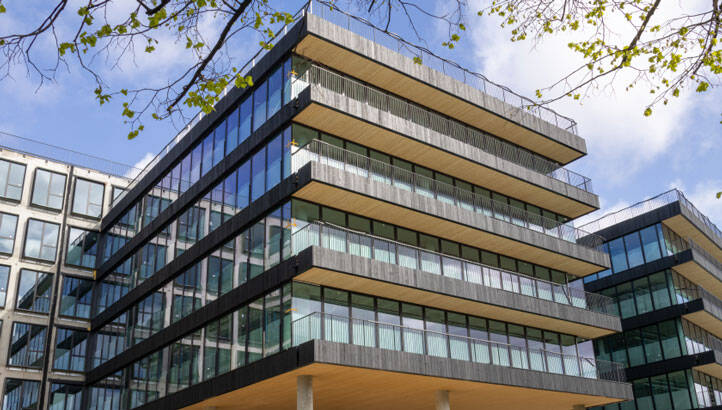
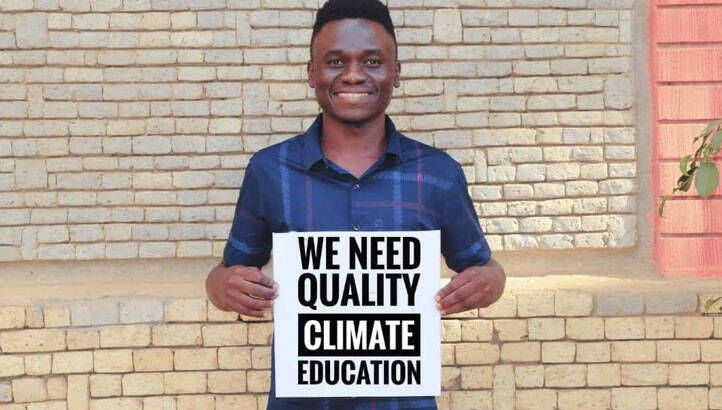


311 miles, lets say 320. Thirteen hours, about 25mph overall. Not a huge average, and would indicate no great accelerations, the bits that really eat up the energy.
It would also indicate no great start/stop operations, again the bits that also eat up the energy.
This is very good for operations at low average speed, but a great many car journeys are faster, with, in town, a lot of stop/starts.
The performance is impressive, but perhaps not comparable with many commercial operations, out of town.
Just a note of caution!